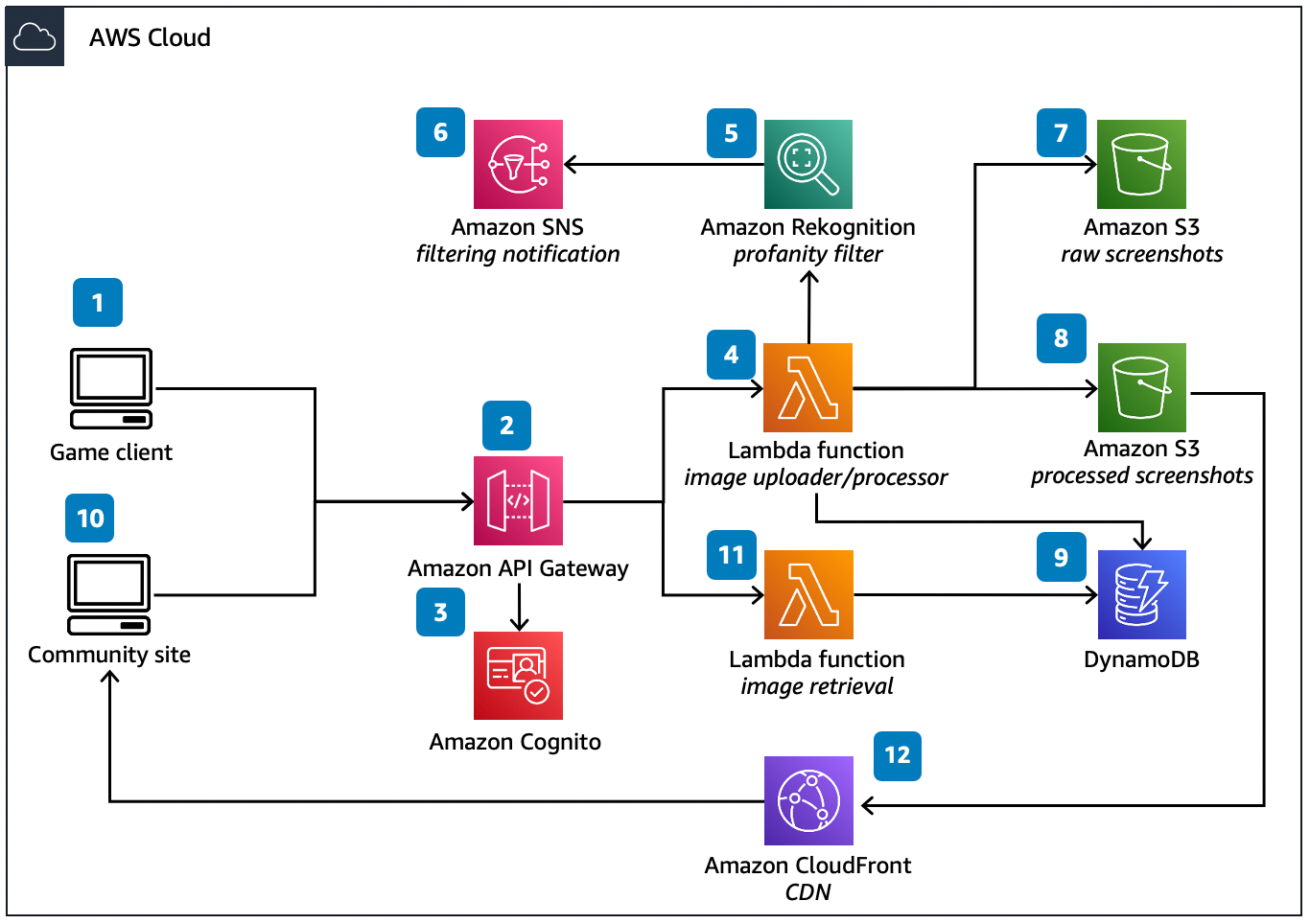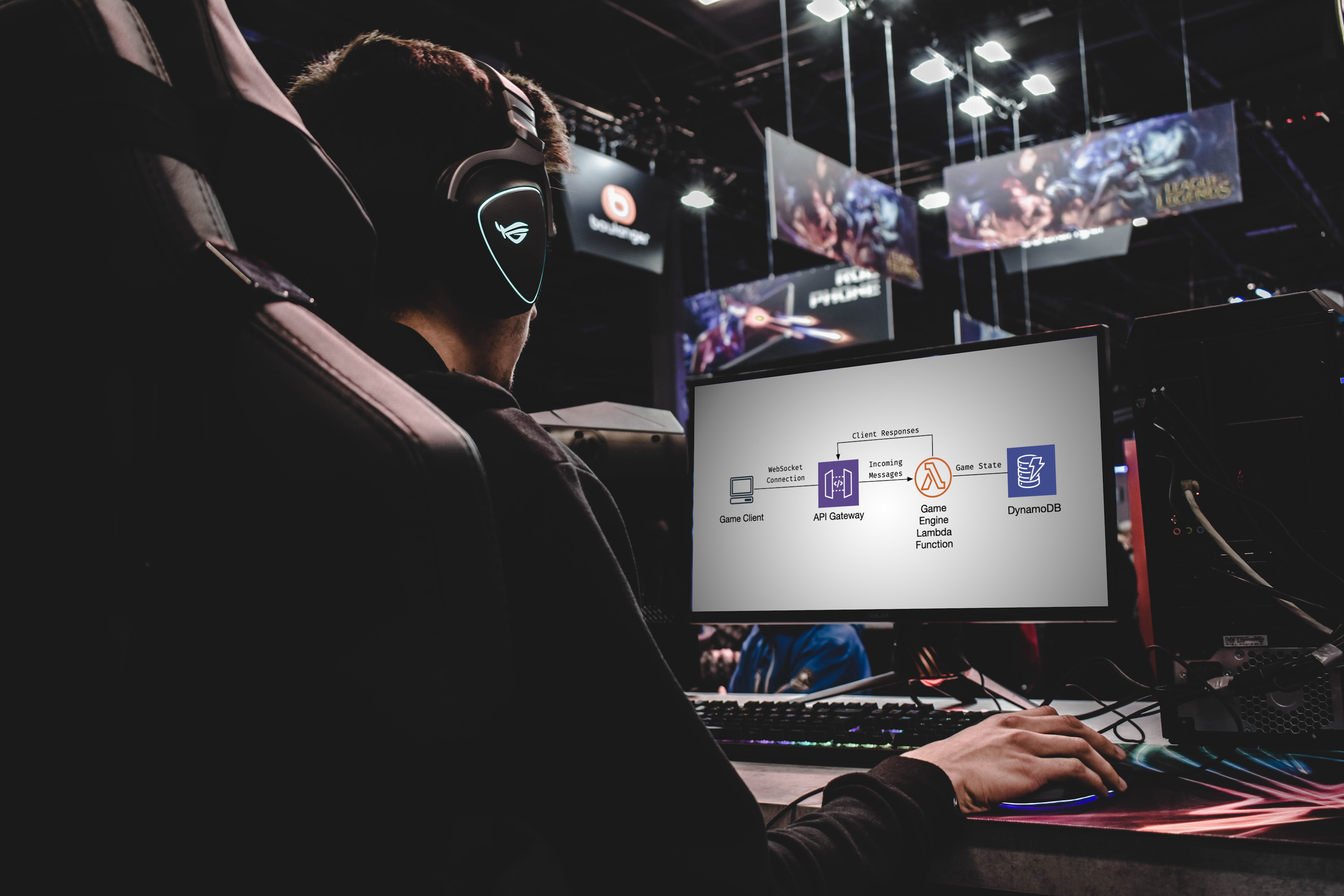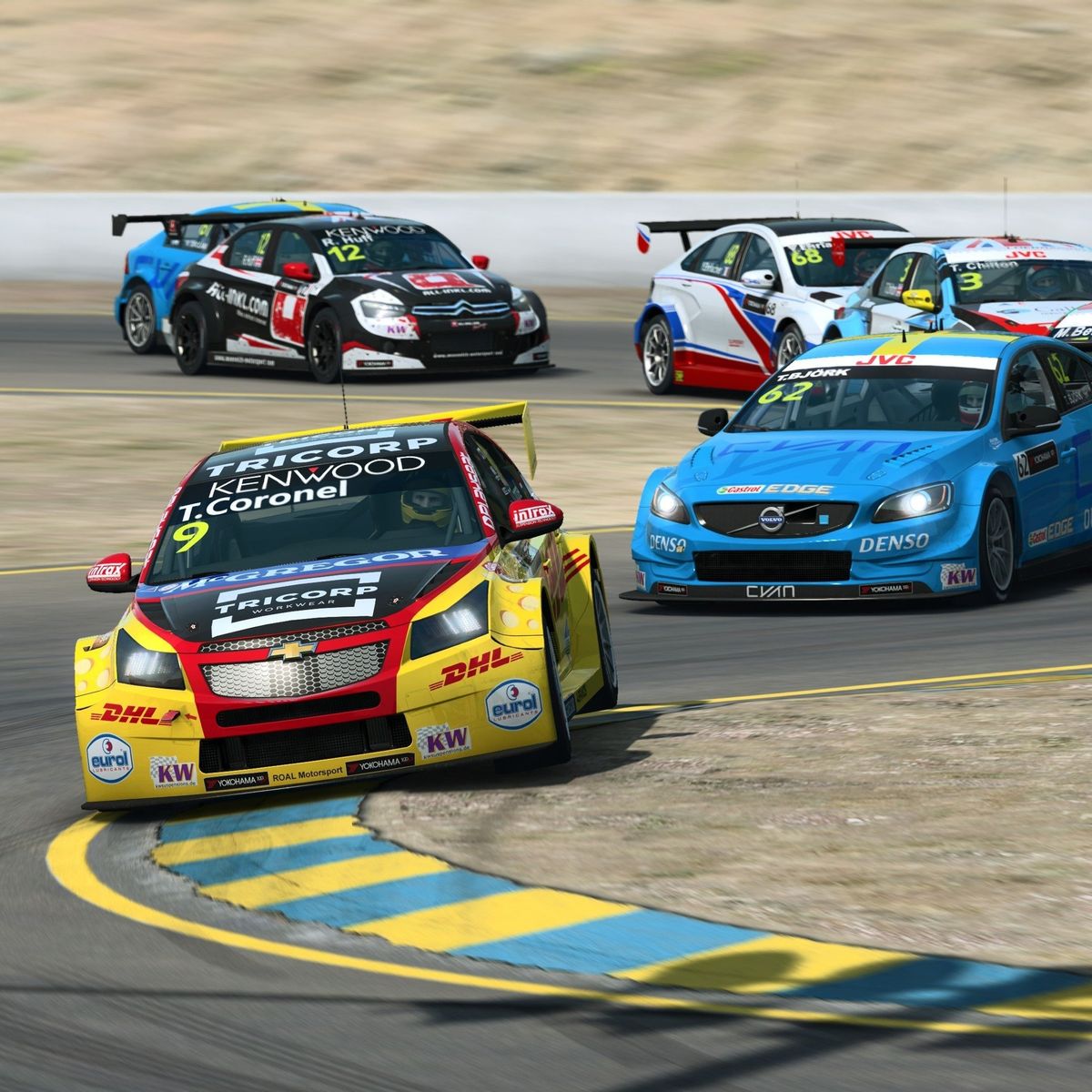The Power Of Serverless Gaming: Exploring The Potential Of Car Games On Vercel
The Power of Serverless Gaming: Exploring the Potential of Car Games on Vercel
Related Articles: The Power of Serverless Gaming: Exploring the Potential of Car Games on Vercel
Introduction
With great pleasure, we will explore the intriguing topic related to The Power of Serverless Gaming: Exploring the Potential of Car Games on Vercel. Let’s weave interesting information and offer fresh perspectives to the readers.
Table of Content
The Power of Serverless Gaming: Exploring the Potential of Car Games on Vercel

The world of gaming has undergone a significant transformation in recent years, with cloud technologies driving innovation and accessibility. Among the emerging platforms, Vercel stands out as a powerful tool for building and deploying web-based games, particularly those focused on the ever-popular genre of car racing. This article delves into the potential of Vercel for car games, exploring its benefits, limitations, and the future possibilities it presents.
Understanding Vercel: A Serverless Revolution
Vercel is a cloud platform that enables developers to build and deploy web applications with ease. Its core strength lies in its serverless architecture, which eliminates the need for traditional server management. This approach offers numerous advantages for game developers:
- Scalability: Vercel automatically scales resources based on demand, ensuring smooth gameplay for a large number of players without the need for complex infrastructure management.
- Performance: Serverless functions execute code quickly and efficiently, resulting in faster loading times and a more responsive gaming experience.
- Cost-effectiveness: Developers only pay for the resources they use, eliminating the need for expensive server infrastructure and maintenance.
- Deployment Simplicity: Vercel’s intuitive interface and deployment tools streamline the development process, allowing developers to focus on creating engaging gameplay.
Car Games on Vercel: A Perfect Match?
Car racing games, with their emphasis on fast-paced action and competitive gameplay, are ideally suited for the serverless architecture offered by Vercel. Here’s why:
- Real-Time Multiplayer: Vercel’s serverless functions can handle real-time communication between players, enabling seamless multiplayer experiences. This allows for competitive racing, online tournaments, and collaborative gameplay.
- Dynamic Game Environments: Serverless functions can be used to dynamically generate game environments, creating unique tracks and challenges for each race. This ensures replayability and keeps players engaged.
- Data Management: Vercel’s database integration capabilities allow for efficient storage and management of player data, including game progress, leaderboard rankings, and customization options.
- Cross-Platform Compatibility: Vercel applications are readily accessible across various devices, including desktops, laptops, and mobile phones, expanding the reach of car games to a wider audience.
Examples of Car Games on Vercel:
While the use of Vercel for car games is still in its early stages, several promising examples demonstrate the platform’s potential:
- Simple Arcade Racers: Vercel’s ease of use makes it perfect for building simple yet addictive arcade-style racing games, ideal for quick bursts of gameplay.
- Multiplayer Racing Simulators: With its real-time communication capabilities, Vercel can power multiplayer racing simulators, offering a more realistic and immersive experience.
- Augmented Reality (AR) Games: Vercel’s integration with AR technologies allows for the development of car racing games that blend the virtual and real worlds, creating unique gameplay experiences.
Challenges and Considerations
Despite its advantages, Vercel presents certain challenges for car game development:
- Limited Client-Side Processing: Serverless functions primarily focus on server-side processing, potentially limiting the complexity of client-side graphics and physics calculations.
- Networking Overhead: Real-time communication in multiplayer games can introduce latency, requiring careful optimization to ensure smooth gameplay.
- Game Size Limitations: Vercel’s focus on web applications may pose constraints on the size and complexity of car games, especially those with large 3D assets.
Overcoming Limitations: Strategies and Techniques
To mitigate these challenges, developers can employ various strategies:
- Optimized Game Design: Focus on streamlined game mechanics and graphics to minimize client-side processing demands.
- Efficient Networking: Implement robust networking protocols and optimize data transmission to minimize latency.
- Asset Management: Utilize compression techniques and streaming technologies to manage large game assets efficiently.
- Hybrid Architecture: Combine serverless functions with traditional server infrastructure for specific tasks that require more processing power.
The Future of Car Games on Vercel
Vercel’s potential for car games is immense. As the platform continues to evolve, developers can expect:
- Enhanced Performance: Improvements in serverless infrastructure will lead to faster execution speeds and more responsive gameplay.
- Advanced Features: New tools and features will emerge, enabling more complex game mechanics and immersive experiences.
- Growing Community: The increasing popularity of Vercel will attract more developers, fostering a vibrant community and accelerating innovation in car game development.
FAQs: Addressing Common Questions
Q: Is Vercel suitable for building complex car racing simulations?
A: While Vercel can handle complex game logic, its focus on web applications may limit the level of detail and realism achievable in highly complex racing simulations. However, for many racing games, Vercel’s capabilities are sufficient to deliver engaging experiences.
Q: Can I use Vercel to create a multiplayer car racing game with thousands of players?
A: Vercel’s scalability allows for handling a large number of concurrent players. However, optimizing game design and networking protocols is crucial for smooth gameplay with a large player base.
Q: Are there any specific tools or libraries that make car game development on Vercel easier?
A: While there aren’t specific car game libraries for Vercel, developers can leverage existing JavaScript game engines like Phaser or PixiJS, which are compatible with the platform.
Tips for Developing Car Games on Vercel
- Prioritize Performance: Focus on optimizing game logic, graphics, and networking to ensure a smooth gaming experience.
- Leverage Serverless Functions: Utilize serverless functions to handle real-time gameplay mechanics, data management, and dynamic environment generation.
- Utilize Third-Party Tools: Explore existing libraries and frameworks that can simplify development tasks, such as physics engines or UI libraries.
- Test Thoroughly: Conduct rigorous testing across various devices and network conditions to ensure a stable and enjoyable gameplay experience.
Conclusion: The Future of Car Racing on the Cloud
Vercel offers a compelling platform for building engaging car racing games. Its serverless architecture, scalability, and ease of use make it an ideal choice for developers seeking to create innovative and accessible gaming experiences. While challenges exist, ongoing advancements in the platform and creative solutions from developers will continue to push the boundaries of what’s possible, ultimately shaping the future of car racing games in the cloud.








Closure
Thus, we hope this article has provided valuable insights into The Power of Serverless Gaming: Exploring the Potential of Car Games on Vercel. We thank you for taking the time to read this article. See you in our next article!